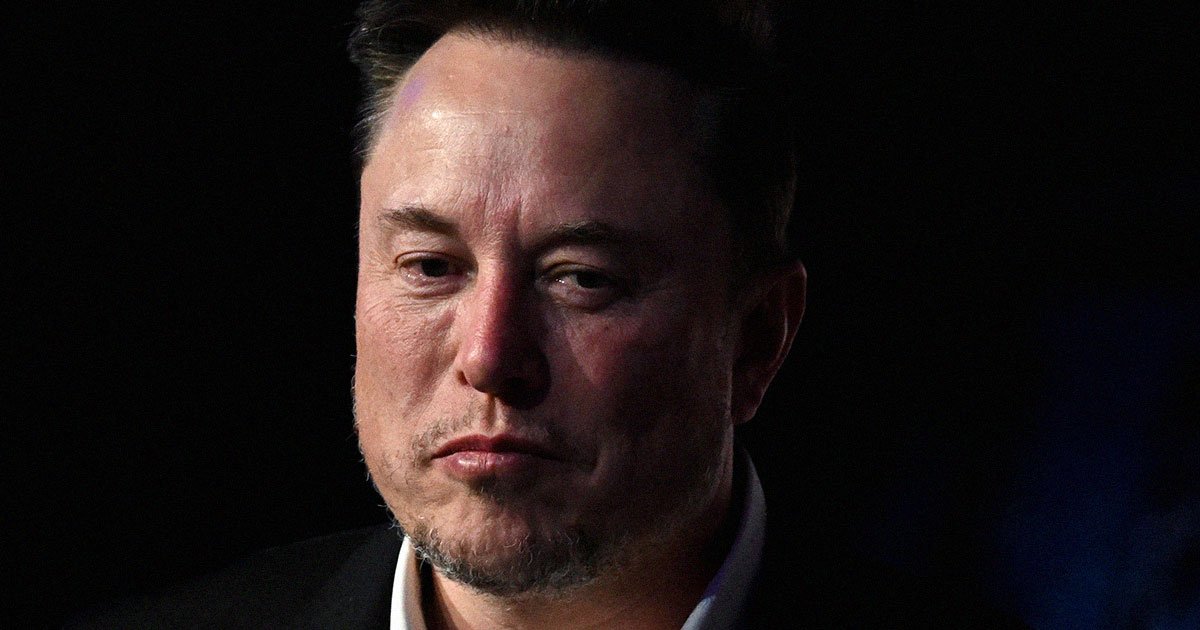Eli Lilly Has a Major Problem With Its Weight Loss Drugs Zepbound and Mounjaro

Image by Getty / Futurism
Eli Lilly, the maker of the popular weight loss drug Zepbound, revealed what Bloomberg called a “shocking first miss” in its most recent quarterly sales announcement: in spite of bottomless hype, there just aren’t enough people getting on its new weight loss drugs.
Shares plummeted by almost eight percent on Wednesday, with Zepbound and diabetes drug Mounjaro — the active ingredient in both is tirzepatide, a GLP-1 receptor agonist — missing Wall Street estimates by almost $900 million in sales.
That’s despite the astronomical fanfare around weight loss drugs like Zepbound and its competitors, like Novo Nordisk’s Ozempic and Wegovy. The drugs are a smashing success, both in terms of health outcomes and market penetration — but somehow that’s not quite enough for the yawning expectations of capitalism.
Eli Lilly pointed the finger at inventory troubles, an excuse that didn’t sit well with analysts.
“Few expected a miss to this extent,” financial group Mizuho’s Jared Holz told Bloomberg.
“With demand so elevated for these drugs, the destocking does come as a surprise,” he added, referring to a situation when wholesalers rely on previously bought inventory instead of buying new stock.
In other words, could this be a sign that the seemingly insatiable demand for popular weight loss drugs could be starting to wane?
Unsurprisingly, Eli Lilly CFO Lucas Montarce tried to reassure investors, saying he didn’t expect any more “big swings” in inventory going forward.
The company’s competitors have been struggling with a similar problem. For instance, Novo Nordisk was forced to cut its annual profit expectations back in August following weaker-than-expected sales of its weight loss drugs Ozempic and Wegovy, which both use a different GLP-1 agonist drug called semaglutide.
Eli Lilly CEO Dave Ricks told investors during a call following the announcement that there wasn’t a “demand problem here,” but revealed that the company would start marketing Zepbound specifically directly to consumers, according to Bloomberg.
Meanwhile, supply shortages of weight-loss drugs like Zepbound and Ozempic have led to a surge in knockoff “compounder” drugs being sold, particularly online.
Naturally, Eli Lilly and Novo Nordisk have tried to discredit these companies, warning that their offerings contained impurities and were contaminated by bacteria.
In spite of growing pains, though, the overall trajectory for sellers of GLP-1 drugs is still promising; overall, Eli Lilly’s shares are up well over 50 percent since the beginning of the year.
More on weight loss drugs: Patients Taking Ozempic Are Up to 70 Percent Less Likely to Develop Alzheimer’s, Research Finds











